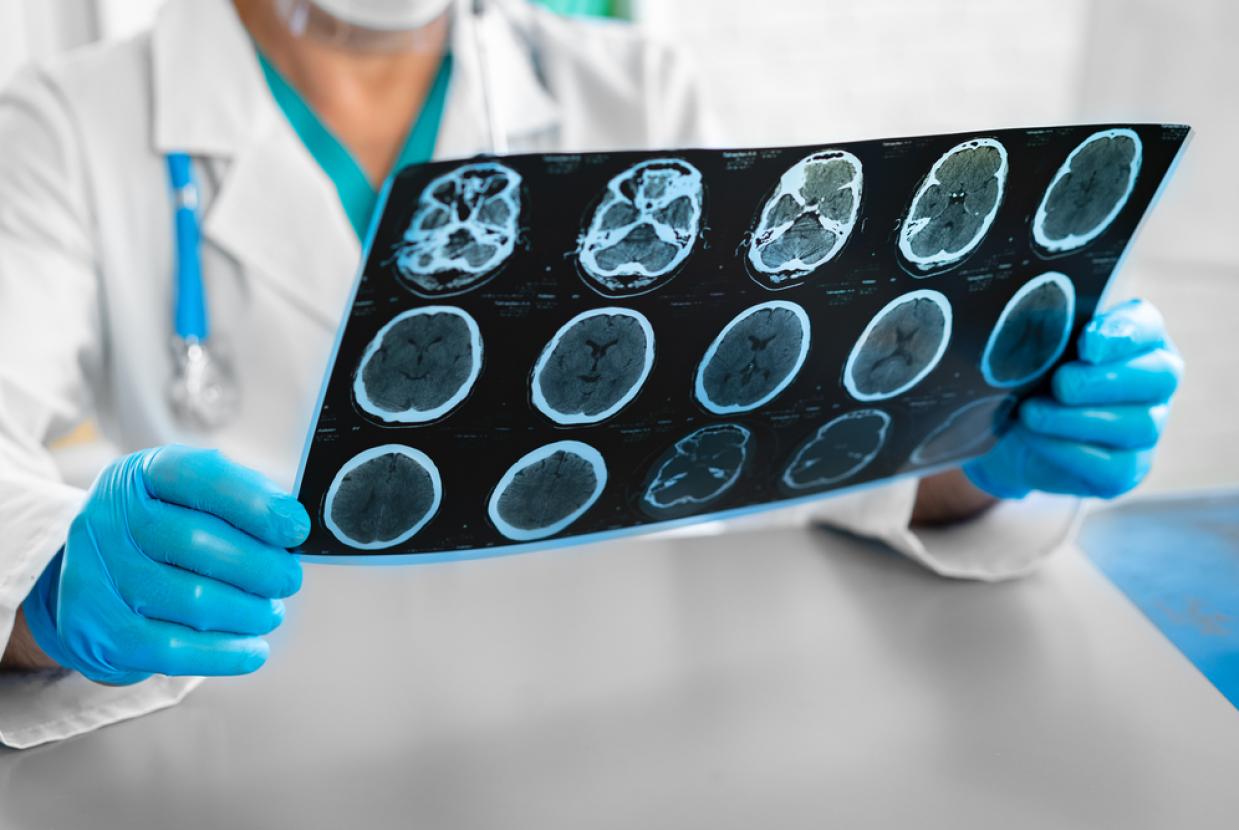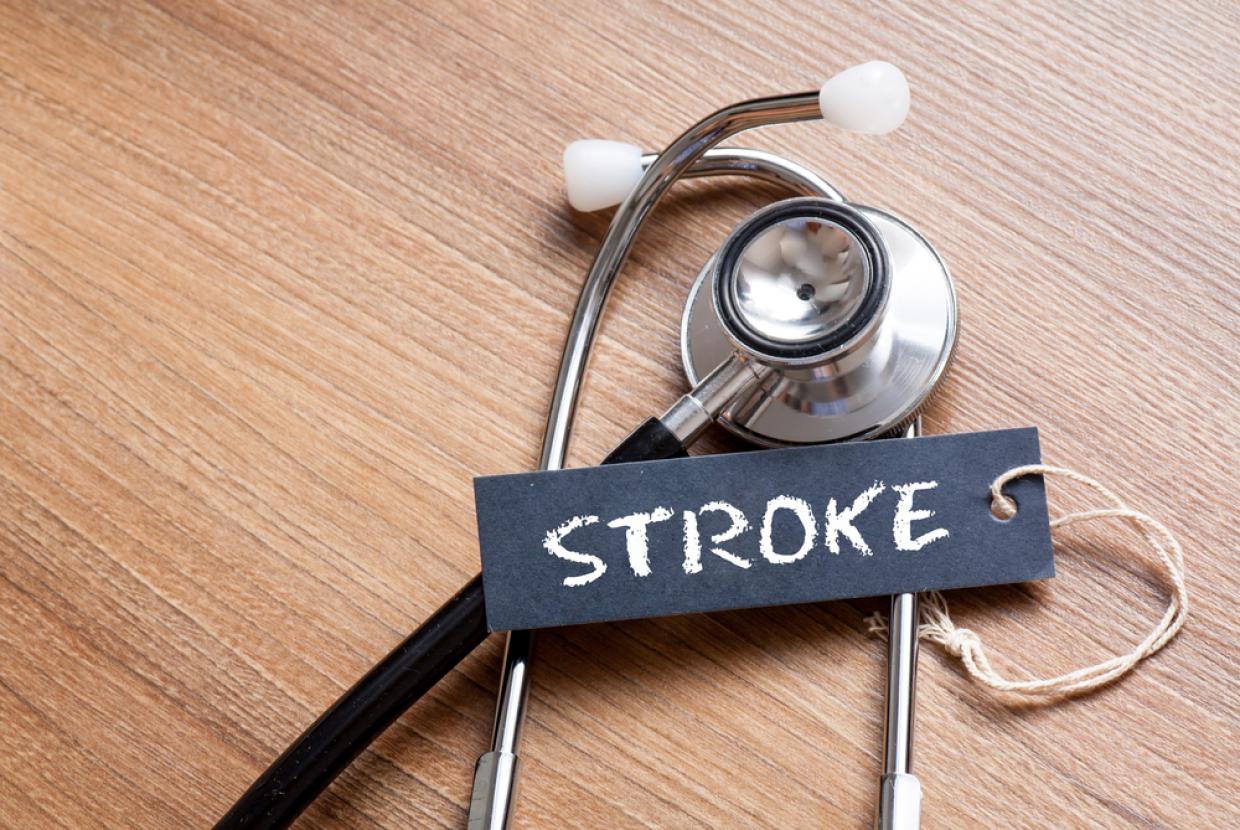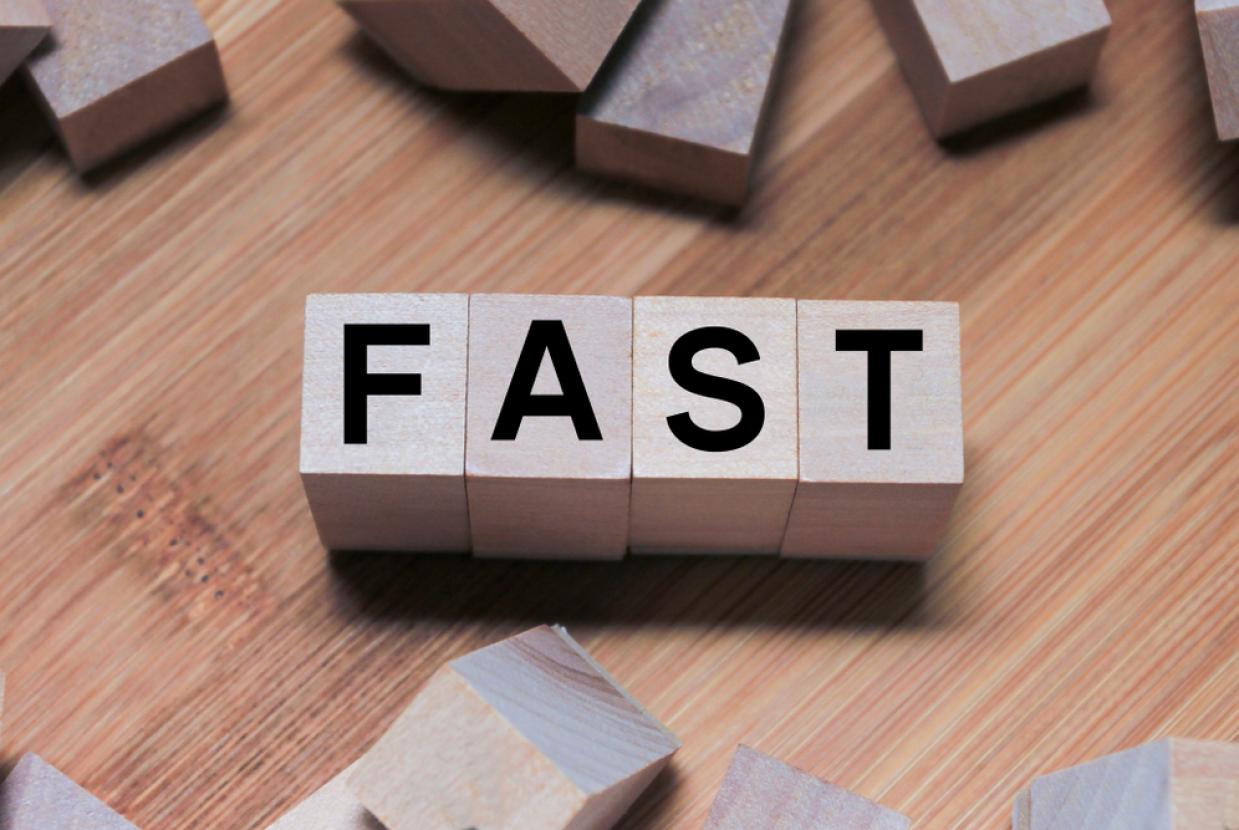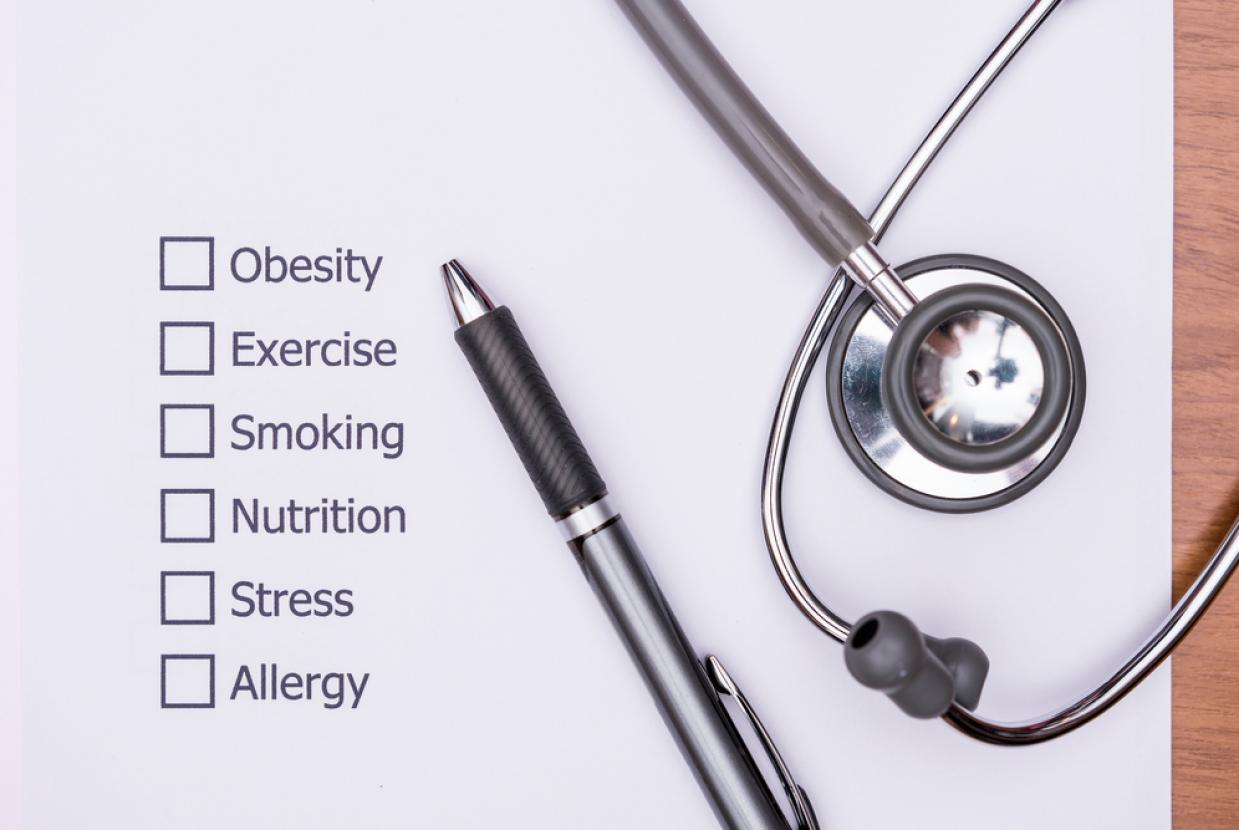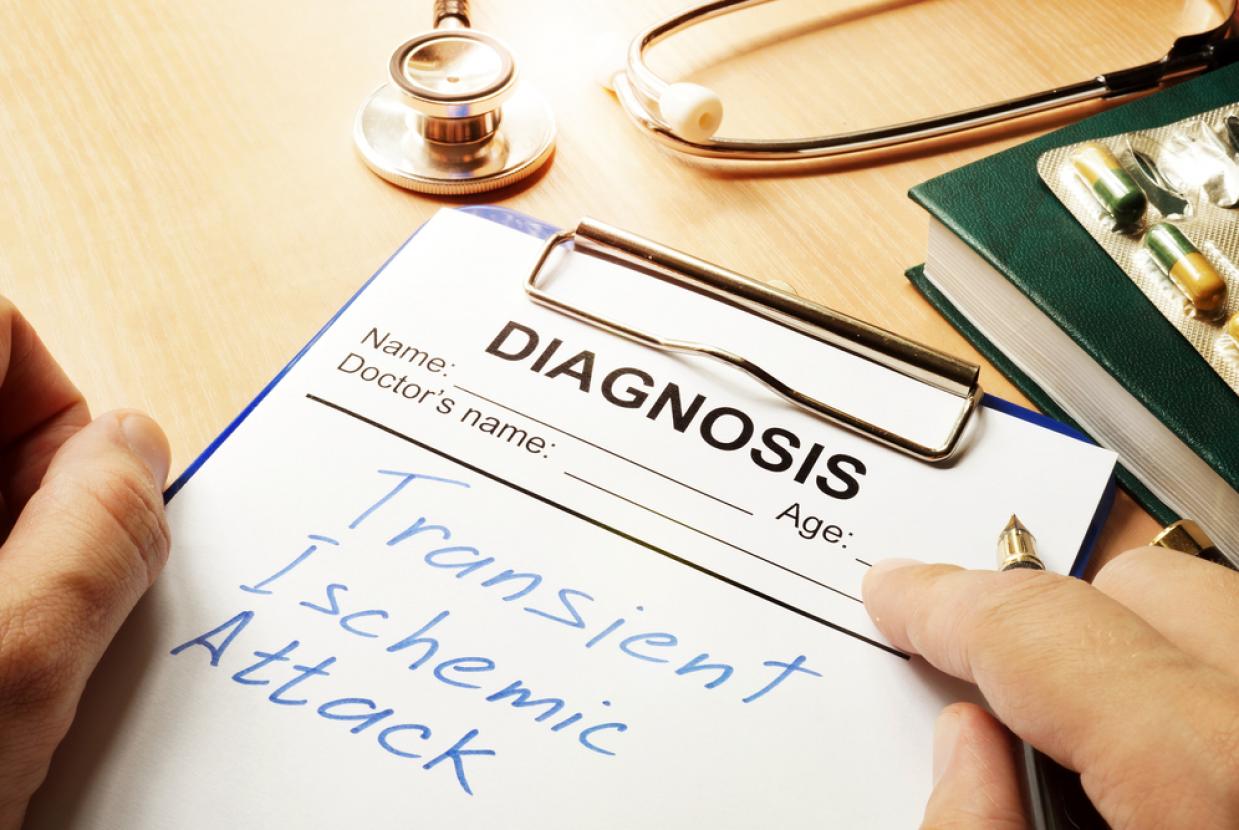Diagnosing A Stroke
NHS
If a doctor thinks you've had a stroke, they'll do tests such as:
- blood tests
- CT, MRI and ultrasound scans to check in and around your brain
- an electrocardiogram (ECG) to check your heart
These tests can show what type of stroke you've had. The different types of stroke include:
- an ischaemic stroke – this happens when a blood clot blocks blood flow to the brain. It's the most common type of stroke
- a haemorrhagic stroke – this happens when a blood vessel bursts
- a transient ischaemic attack (TIA or mini stroke) – this is when the symptoms of a stroke do not last very long (less than 24 hours)
A TIA should be treated as urgent. If you do not get immediate medical attention, you could be at risk of having a full stroke.


